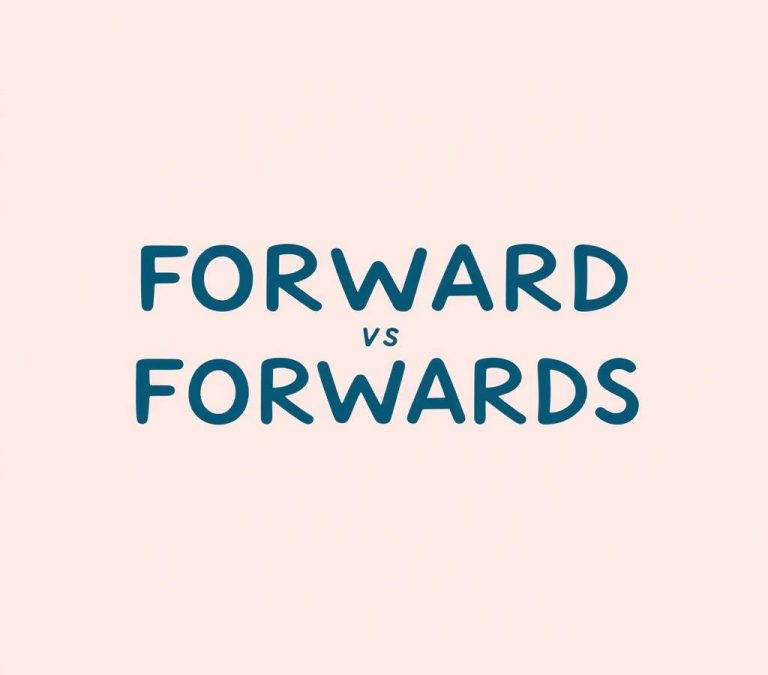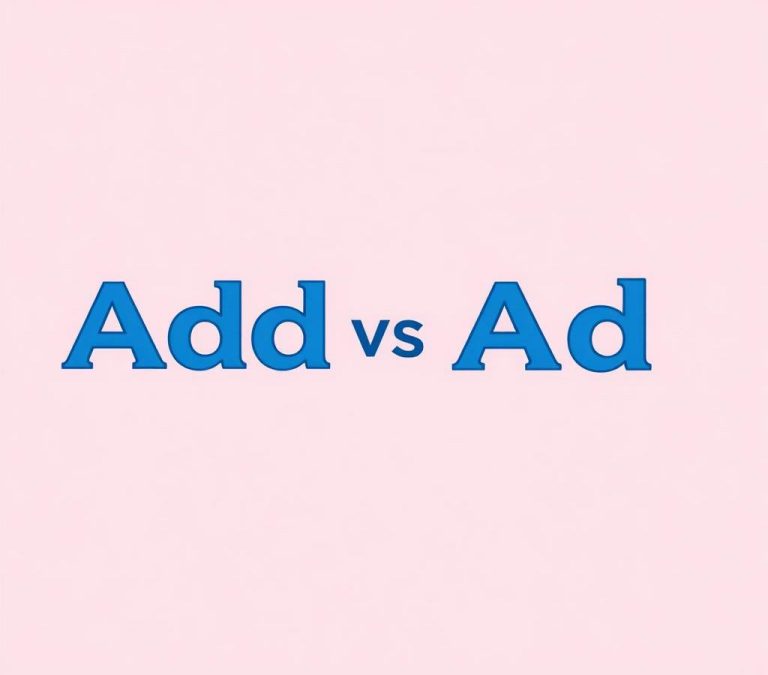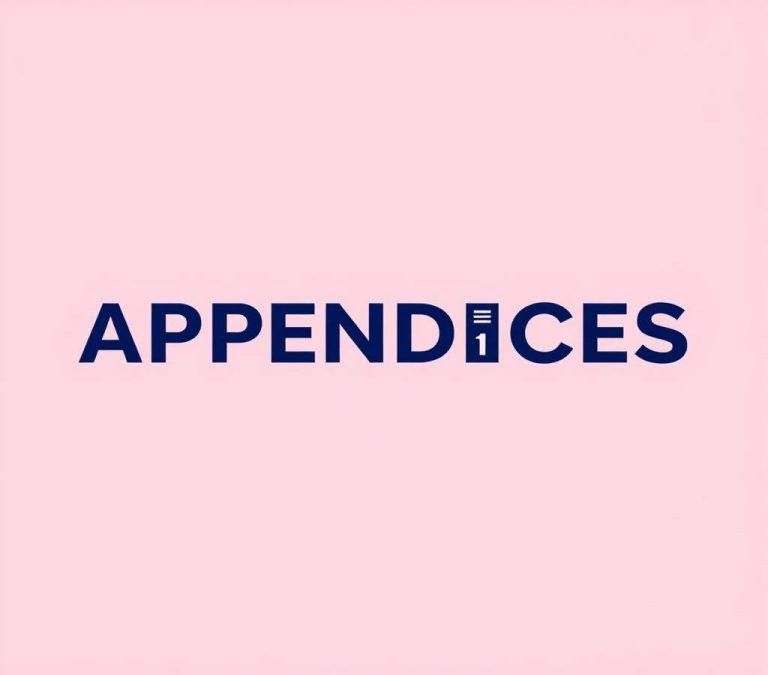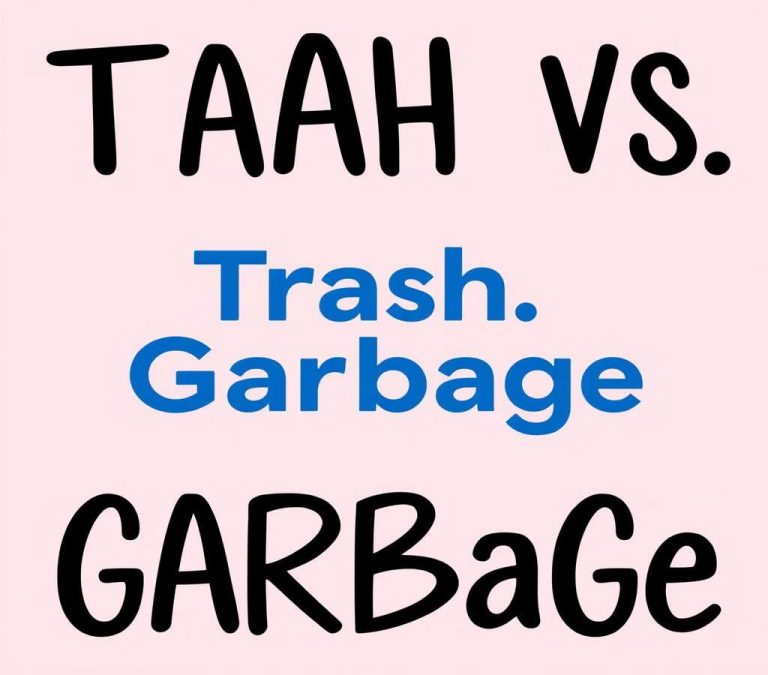Skillset or Skill Set: Grammar Usage & SEO Best Practices
Choosing between “skillset” and “skill set” can be confusing. Some people use “skillset” as a single word, while others prefer “skill set” as two words. Understanding the correct usage is important for clear communication. This article explores the difference between the two forms and explains when to use each one. Whether you’re writing a resume, a report, or an email, knowing the proper term can make your writing more effective.
Quick Answer
Both “skillset” and “skill set” are acceptable, but the difference lies in their usage. “Skillset” is a single noun referring to a group of skills, whereas “skill set” is a phrase consisting of two words, often used in a more general sense. In American English, “skillset” is more commonly used, while in British English, “skill set” is preferred. Ultimately, the choice depends on personal preference and the context in which it is used.
Why There is Confusion
There is often confusion between the terms “skillset” and “skill set” due to their similar spelling and meaning. People frequently use them interchangeably, leading to misunderstandings about their correct usage. While these terms may seem identical at first glance, they have distinct definitions and applications. This confusion can affect how effectively we communicate our abilities and qualifications, making it crucial to clarify the differences between “skillset” and “skill set.”
What Does “Skillset” Mean?
The term “skillset” is often treated as a single, compound word that describes a collection of skills. It is used to highlight the combined abilities and expertise a person possesses, usually in a specific area of work or study.
For instance, when someone says, “My skillset includes programming, project management, and data analysis,” they are referring to a cohesive package of skills that they bring to the table. The term is commonly found in job descriptions, resumes, and professional profiles where a summary of abilities is required.
What Does “Skill Set” Mean?
On the other hand, “skill set” is treated as two words and it generally means the same thing as “skillset,” but its usage can be a bit more formal. The term “skill set” refers to a group of skills that are distinctly outlined.
When someone refers to their “skill set,” they are often breaking down their abilities into more specific, categorized segments. For example, “My skill set includes time management, customer service, and technical troubleshooting.” Each skill is distinct and can stand alone but is part of a bigger picture of expertise.
Differences Between “Skillset” and “Skill Set”
Differences in Parts of Speech
While both “skillset” and “skill set” are used as nouns, their formality and structure differ:
- Skillset: Used as a single, compound noun. It gives an impression of a more unified, holistic view of one’s abilities. People often use “skillset” in more casual settings or modern corporate jargon.
- Skill Set: Treated as a phrase comprising two distinct words. It provides a clearer division of individual skills. It is more formal and often used in academic or professional documents where precision is necessary.
Differences in Usage and Context
The choice between “skillset” and “skill set” can greatly depend on the context in which they are used:
- Skillset: Primarily found in conversational, business, and informal writing. It is often used when speaking broadly about numerous abilities without focusing on each one. Example: “Her skillset makes her an incredible asset to the team.”
- Skill Set: Appears in formal writing, detailed job descriptions, and academic papers. It is used when someone needs to enumerate specific skills clearly. Example: “The required skill set for this position includes budgeting, strategic planning, and team leadership.”
Synonyms for “Skillset”
When considering alternatives for “skillset,” the following synonyms can be useful:
- Competence: The array of knowledge and skills a person has within a certain field.
- Proficiency: The high degree of skill or expertise in a particular area.
- Talents: Natural aptitudes or skills in specific areas.
- Abilities: General capabilities or skills one possesses.
- Know-how: Practical understanding or expertise in how to do something.
Synonyms for “Skill Set”
Here are some suitable synonyms for “skill set”:
- Capabilities: The abilities needed to perform certain tasks or activities.
- Expertise: A high level of skill or knowledge in a particular area.
- Acumen: Keen insight or ability in a specific field.
- Qualifications: The skills and knowledge that make someone suitable for a particular role.
- Toolkit: The set of skills and techniques an individual can draw upon.
Examples of Usage for “Skillset” and “Skill Set”
To further illustrate, let’s consider some examples that show the difference between “skillset” and “skill set.”
Examples Using “Skillset”:
- Job Descriptions: “We are looking for a candidate with a diverse skillset in digital marketing, including SEO, social media management, and content creation.”
- Resumes: “My professional skillset comprises project management, communication, and data analysis.”
- Everyday Conversations: “Her skillset makes her the perfect candidate for this challenging role.”
Examples Using “Skill Set”:
- Job Listings: “Candidates must have a strong skill set that includes strategic planning, risk management, and financial forecasting.”
- Professional Profiles: “His skill set encompasses a range of technical and soft skills critical for effective team leadership.”
- Interviews: “Could you describe your skill set and how it pertains to this position?”
Conclusion: Which One is Right?
In conclusion, both “skillset” and “skill set” are correct terms, but their appropriateness depends on the context and the formality of the setting.
- Use “Skillset”: When you are discussing a broad range of skills in a more unified, conversational, or informal context. It gives the impression of a combined skill package and is often used in modern corporate language.
- Use “Skill Set”: When you need to specify and list out individual skills. It is more formal and suitable for academic, professional, and detailed contexts.
Understanding the difference between these terms and using them correctly can enhance clarity and precision in your communication, especially in professional and academic settings. By selecting the appropriate term based on the context, you can more effectively convey your range of abilities and align with the expectations of your audience.







